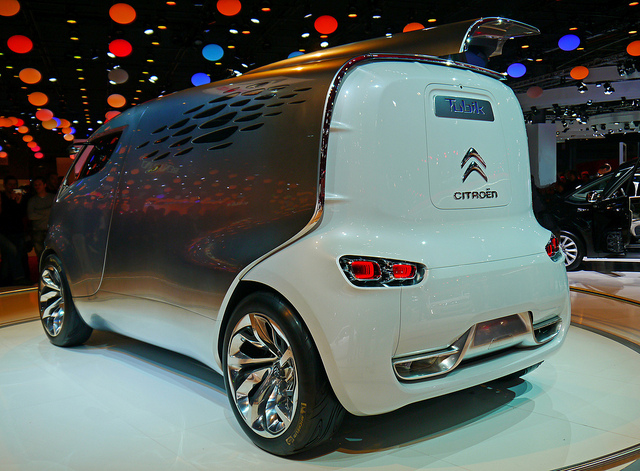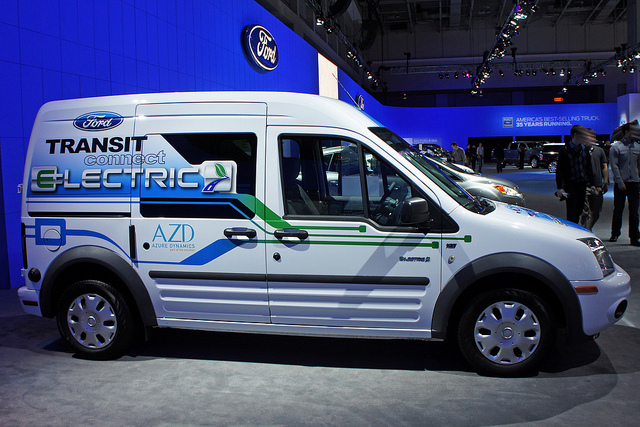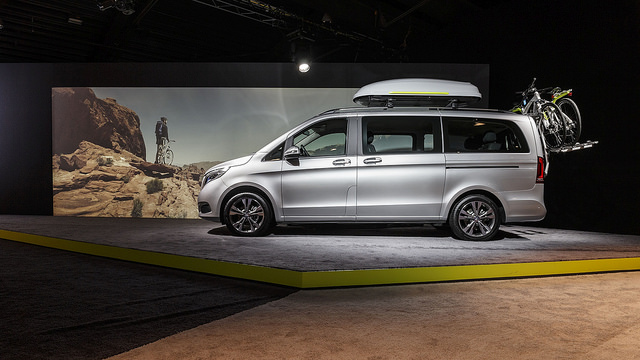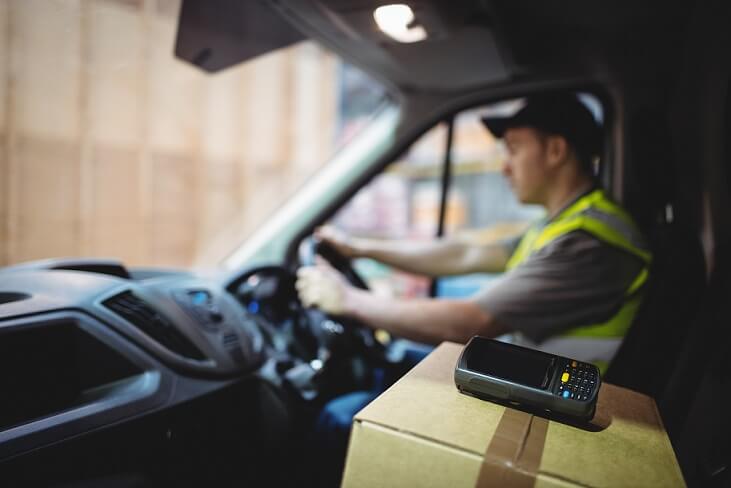It is 2015 the year of hoverboards, auto-lacing trainers, multiple TV channels and flying cars! Well, that’s in Back to the Future 2, but in reality, we’re not quite ready for flying cars. Instead, it is hybrid technology we’re focusing on.
To put it simply, hybrid technology combines a petrol or diesel engine with an electric motor. The two work together to generate fewer emissions and eventually save drivers money.
Hybrid Technology
In the car industry, hybrid technology seems to be doing well with petrol and diesel engines becoming a thing of the past. But the same can’t be said for the van industry. Whilst cars can be sold on aesthetics and mod cons, vans cannot.
As the working man’s vehicle, a van must be practical. Providing, space and durability and all for a good price. But with a hybrid, it’s not that simple. At the moment hybrid technology is being tried and tested which doesn’t come cheap. So why would you pay more for a hybrid?
The answer is that a sole trader probably wouldn’t, it is just too expensive. But for fleets, there is plenty of help available. Such as government grants like the plug-in cars and vans grant. As well as support from the Department for Transport LCVPP, who fund low emission public sector fleets. These are useful funding options to help begin your hybrid journey.
The only issue appears to be purchasing a hybrid van. There doesn’t seem to be much choice and manufacturers are scarce. So here are a few helpful options to start your search;
This van has been designed with its customers in mind. From the mod cons, it offers to the spacious loading area. The van has 3 front seats, a reversing camera, handsfree and grip control. The price is not bad too starting from £12,515.
Image Source: Mariordo59 on Flickr
A great option for city drivers this Ford Transit uses a Smith Edison electric motor. Using Smith technology allows the Transit to produce zero emissions and generate less noise. However, to fully charge the battery can take anything from 4 to 8 hours and the price can be four times higher than the Ford Transit diesel.
Image Source: Robert Basic on Flickr
Finally the Mercedes V Class, new to the market in 2015. This minivan can be used for business and pleasure. It is both practical and stylish with 210 horsepower, a 4 cylinder gas engine and 123 horsepower electric motor. The van can go from 0-60 in under 6 seconds and travels up to 50mph on the electric motor alone. But all of this comes at a price, as the van costs somewhere in the region of £40,000-£50,000. But don’t worry there are other vans out there too, it just takes a little bit of research to find them. So be patient and weigh up your options.
All in all, it seems the hybrid van market is on the up and is not as bleak as we first thought. Hybrid technology may just take a few more years to catch on in the van industry. But with innovations continually entering the market who knows what will be next. Maybe flying vans are closer than we think.










